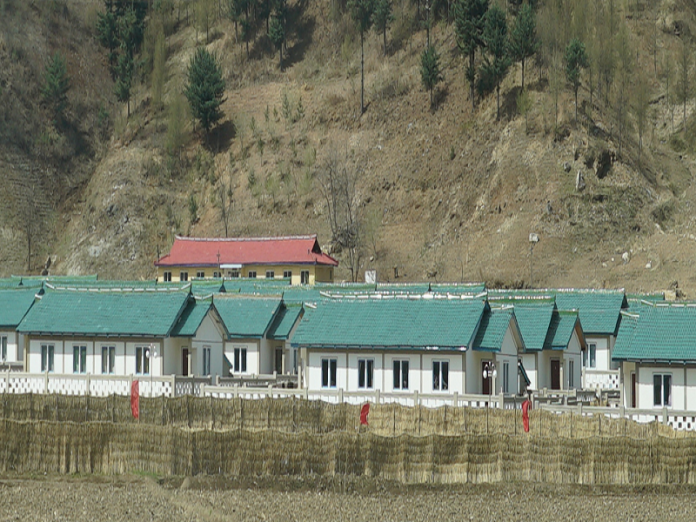
As the number of North Korean households using solar panels to generate electricity increases, there is a growing number of electrical household appliances being used in farming communities. Sources in the country report that the changing dynamic marks a significant shift, as the use of such appliances was previously limited to the country’s elite.
“There are more and more people buying electrical appliances in the farming communities,” said a Ryanggang Province-based source on July 12. “The wider use of solar panels for electricity has driven the growth.”
According to the source, the common yardstick previously used to indicate whether someone is wealthy or not is changing because the number of electrical appliances owned by ordinary residents is increasing. “Typical electrical appliances in the kitchen now include refrigerators, mixers, rice makers, packagers, and water heaters. This is a major increase from the past.”
It was previously considered that households with the “5 Jang (basic furniture):” blanket closet, clothes closet, cupboard, shoes closet and desk; and the “6 Gi (electronics):” television, sewing machine, washer, freezer, fan, and cassette player, were defined as being part of the elite. The influence of foreign TV dramas has led to the removal of cassette players from this list, only to be replaced by DVD players. There are some who believe that outlet converters should also be included in the list.
“There’s also an increase in the number of people who own computers, washers, freezers, cameras, DVD players, sewing machines and televisions. People now have freezers, which used to be viewed as exclusively owned by ice cream sellers or those selling meat products,” a source in North Hamgyong Province said.
She added that North Korean women are taking the lead as consumers for these items. North Korean women are also enthusiastic about buying products for the kitchen like rice cookers and mixers along with those needed for personal beauty like dryers and eye wrinkle removers.
Younger women tend to keep the original style of their hair these days rather than getting a perm, she said, explaining that “they think that the light use of hair straighteners can help them maintain great, easily manageable hair.”
A separate source in Ryanggang Province also noted that during the fall, when there are a lot of weddings, North Korean business people selling mid- to large-sized electrical products tend to make good profits.
“Women getting married want to buy the electrical products they need for their new house,” she said.
Many North Koreans, she added, are expecting that they will soon be able to buy South Korean products as inter-Korean relations improve and exchanges increase.
“Most of the electrical products in North Korea like freezers and fans are from China and there’s hope that more South Korean products will be available,” said the second Ryanggang-based source.
“Those who own South Korean products are considered to be well-off, so many are counting down the days when they can buy them legally.”




















